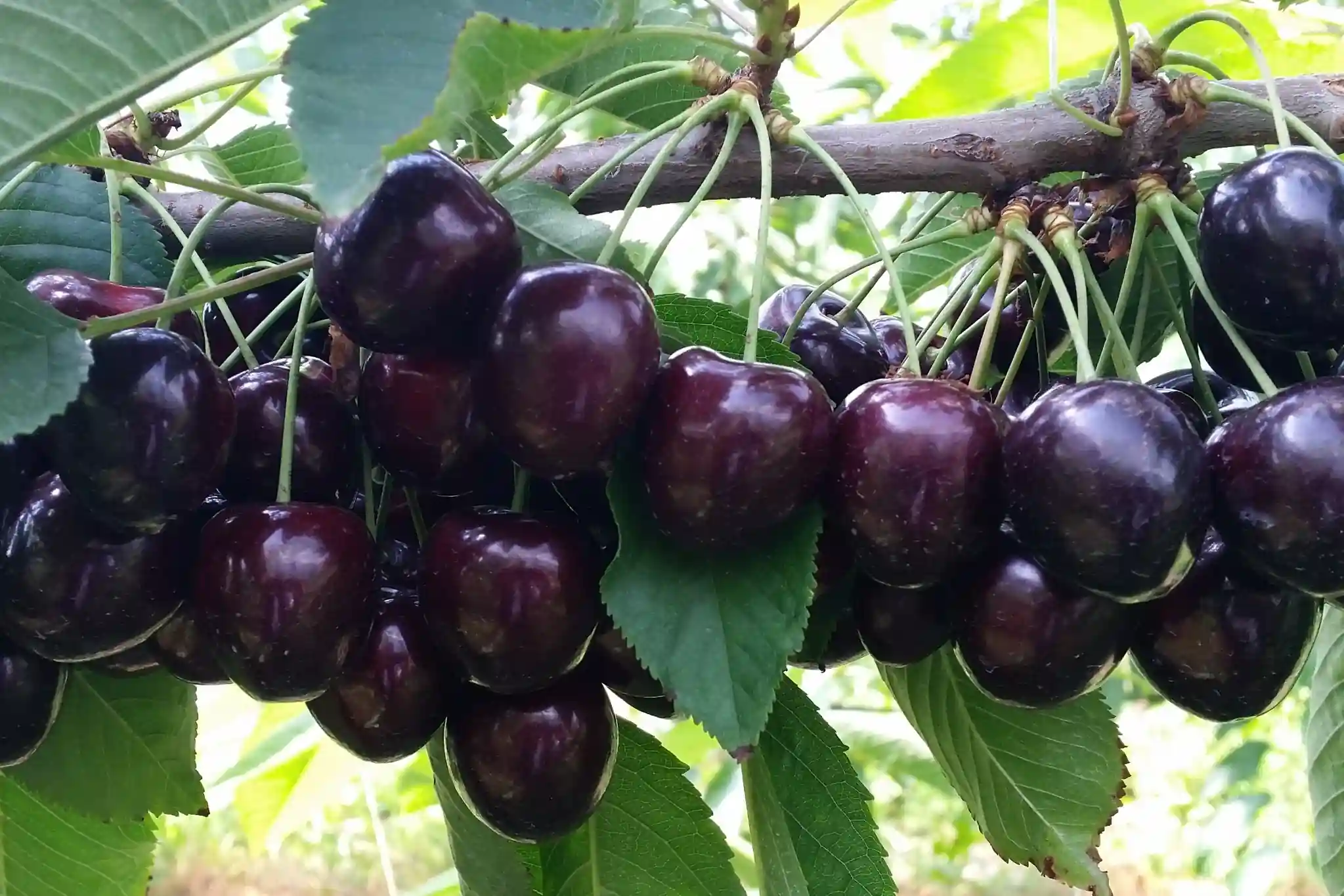The post-harvest process has become essential and indispensable for the improvement of the Chilean cherry industry. During CherryTech 2024, the most important technical event in the sector, it was one of the topics discussed in the forum "Post-Harvest Procedures and Management: What is the Opinion of the Consumer and the Critical Points to Address?"
The forum was led by Héctor García, co-founder and director of Diagnofruit laboratories.
Nicolás Zamorano, an independent consultant for Asian markets who participated in the forum, commented that in China consumers have changed and "have become more educated especially about cherry varieties. Today the business is no longer global but has become increasingly specific, along with the requirements that customers have for each variety."
He explained that in recent seasons it is possible to see customers tasting the fruits to evaluate their flavor, sweetness, texture, and crunchiness, in addition to certain chromatic characteristics specific to each variety.
The consultant for pome fruits, cherries, kiwis, and blueberries, Francisca Barros, agreed on the importance of the fruit's firmness, stating that "when containers are opened, the first analysis conducted by the recipient is to touch the fruit and expect it to be firm."
Barros added that currently, Chinese consumers can recognize the varieties based on the optimal color of the harvest.
Regarding the changes that the market has undergone, Zamorano emphasized that the purchase decision is made through online platforms, in fact, "it is not based on the label, but rather on the credibility and characteristics of each of the varieties."
In this sense, he added that the industry must be consistent in the quality of the fruit. "It is important to focus on the requirements of each variety, as online sales are taking on a central role," he said. The head of quality and sustainable development at Ranco Cherries, Pamela Osorio, emphasized the importance of the fruit's quality, where "the most complex issue is the heterogeneity of the fruits."
"Producers think their fruits are the best, but we must understand that exporters receive fruits from different producers and this generates differences that are often difficult to manage," she said.
Raúl Orellana, a post-harvest specialist, also delved into the topic of fruit quality: "The first thing to do is produce quality fruit in the orchard; packaging does not improve the product. What we can do is maintain the product, segregate it correctly, so that it reaches the right customer and of course apply fungicides and cold treatments, so that the cherry arrives at its destination in the correct way."
Agronomic Management
The speakers agreed that fruit quality derives from the orchards. According to Francisca Barros, it is extremely important and not easy to make timely decisions "to make changes to the load in the fields, based on the productive potential that each reality possesses."
Barros added that "making timely decisions is what will finally allow us to obtain a tasty product to eat and achieve that homogeneity or consistency of the product. For this reason, it is important that the majority of my lot has high firmness, as well as brix."
Osorio indicated that it is very useful for exporters in general that producers have a quality control in their orchards and that they are able to clean the fruits. "To give fluidity to the plants, it is important to have a caliber; the bigger the fruit, the more kilos we pass."
Markets
Regarding market diversification, Pamela Osorio explained that it is important for the industry to work in other destinations: "This is an aspect that will give us more sales options, especially with these increases in production. We must be clear that no market will absorb the volume that China absorbs, nor will it probably pay the prices that the Chinese pay us today."
She added that "we must try to give sustainability to the cherry business in the long term and this implies that we are willing to sometimes sacrifice an immediate return each season. We must strive for the United States to buy more and for the market to grow."
Recommendations
Experts provided some post-harvest recommendations that the sector will need to consider in the coming seasons.
In this regard, the independent consultant for Asian markets commented with emphasis that larger formats arrive at their destination a bit tight, "which generates crushing (sic) and affects the first impression the customer has of the full container. This undermines confidence in the automation systems we are using. We must continue to listen to our importers, always aiming for the highest quality."
Francisca Barros explained that "we cannot make the mistake of mixing colors in the same box." The head of quality and sustainable development at Ranco Cherries recommended that growers "try to concentrate deliveries on consecutive days to optimize fruit deliveries for those who share an exporter."
She added that in this way it is possible to assemble larger lots and this facilitates the work of segregation of process management. "It is important that everyone understands that the cherry industry must be collaborative and cooperative, we must help each other," she said.
Orellana added that the way to successfully sell the fruits is to arrive with quality cherries: "When we have a mixed product with two sizes or two varieties, they do not sell quickly. So the way to sell them quickly is with a purer pallet."
Zamorano concluded by saying that "Chilean cherries have positioned themselves in the Chinese market in a spectacular way, as some of the best in the world, and the motivation today must be to continue supporting this campaign and to continue growing in inland cities."
Source: Portal Frutícola
Image: Portal Frutícola
Cherry Times - All Rights Reserved










